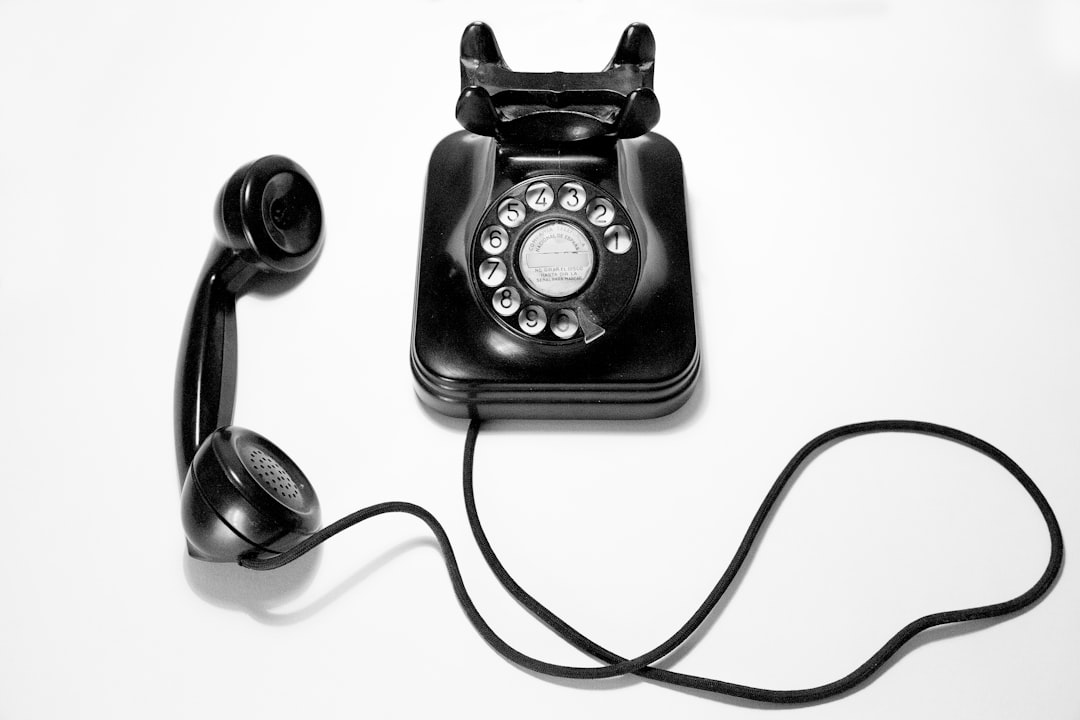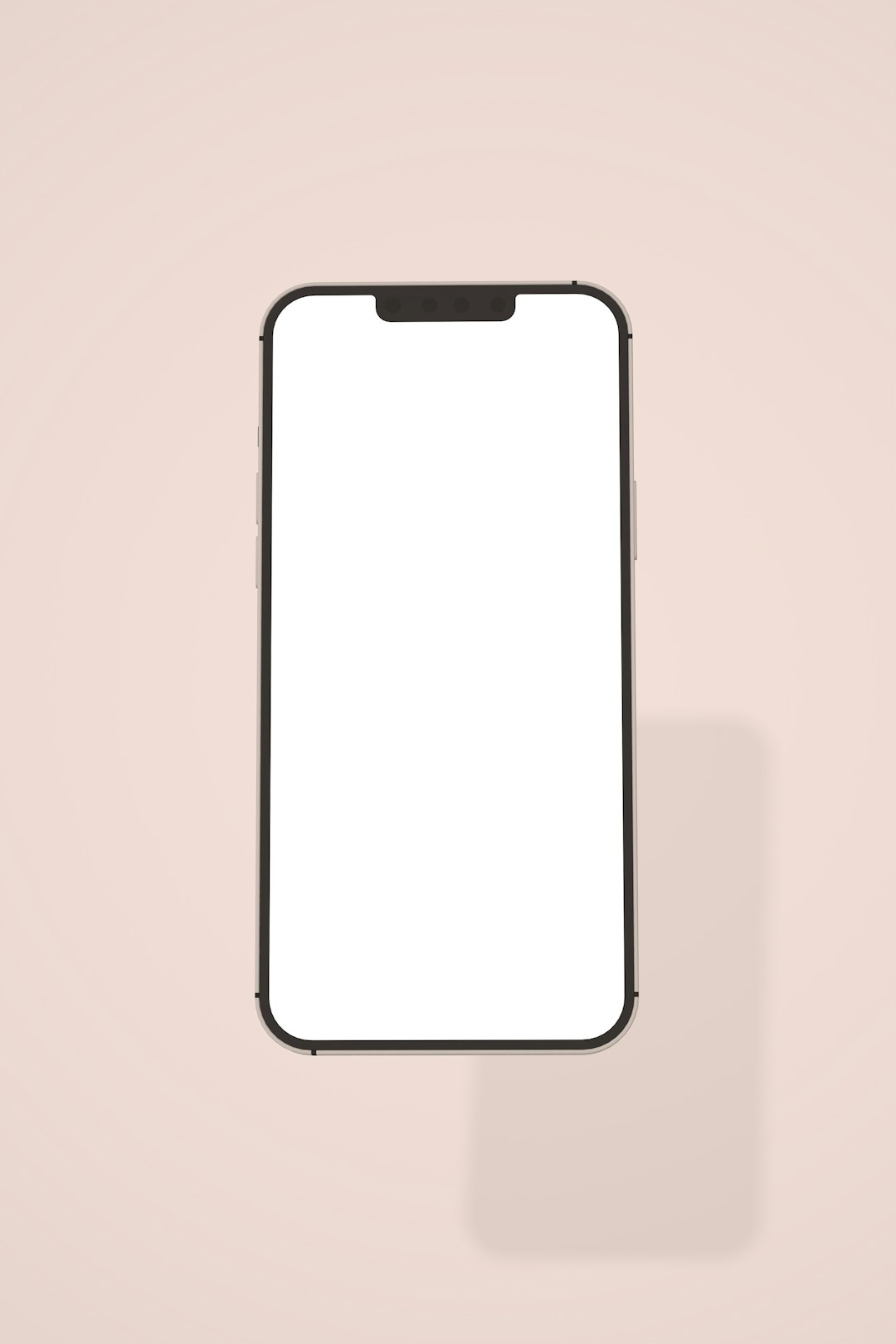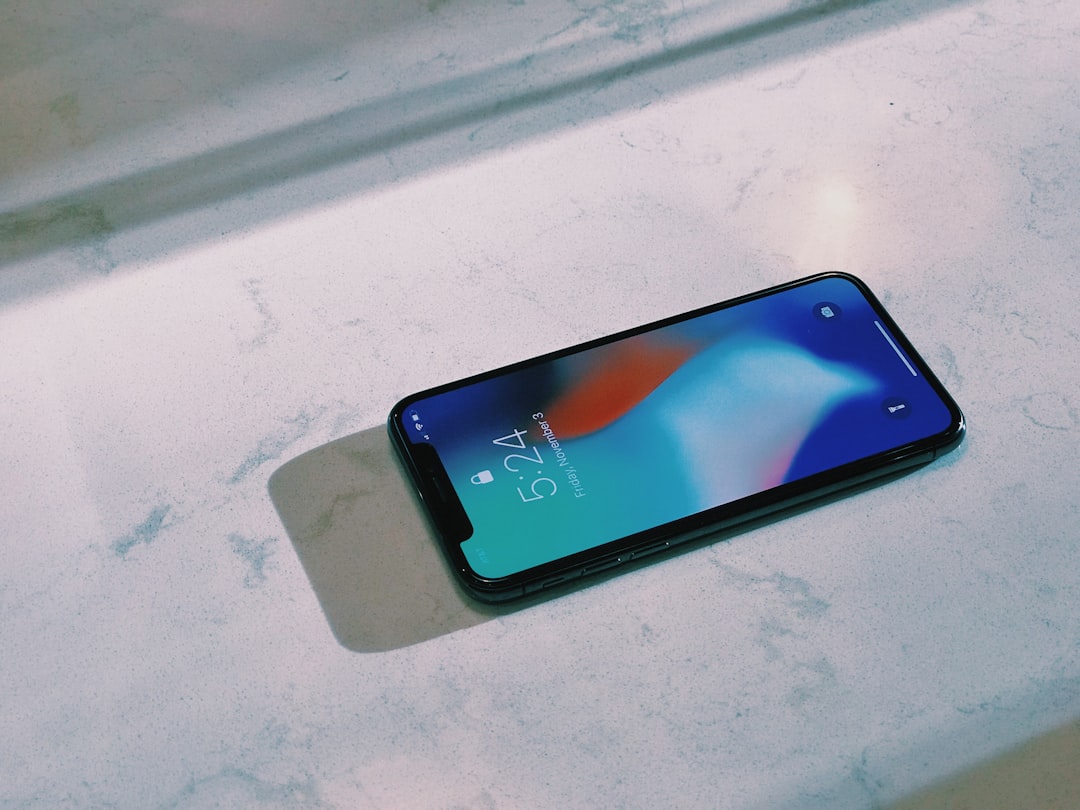Robocalls are a growing problem in Utah, disrupting lives and businesses. The Telephone Consumer Protection Act (TCPA) offers protections and potential legal recourse for residents, allowing them to sue for damages from unwanted calls. Businesses must adhere to state regulations or face fines. Documenting and saving evidence is crucial. Call-blocking apps provide solutions. Consulting a telecommunications law specialist can guide individuals on suing for robocalls in Utah.
Robocalls have become a ubiquitous yet unwanted aspect of modern communication, affecting individuals and businesses alike in Utah. This article delves into the prevalence and impact of automated telephone calls on Utah’s workforce, exploring legal protections available to residents and the economic toll on businesses. We navigate the complex robocall laws, discuss strategies to reduce unwanted calls, and address the question: Can I Sue for Robocalls in Utah? By understanding these factors, Utahns can better protect their time and privacy.
Understanding Robocalls and Their Prevalence in Utah

Robocalls, automated phone calls that deliver pre-recorded messages, have become a ubiquitous part of daily life in Utah and across the nation. While many serve legitimate purposes like appointment reminders or marketing promotions, they often fall into the category of unwanted or fraudulent calls, known as “robocalls.” These nuisance calls can disrupt individuals’ personal lives, work productivity, and even pose potential risks to public safety due to their deceptive nature.
In Utah, as in many other states, robocalls have been on the rise, leading to increased consumer complaints. Fraudulent robocallers target Utah residents with various scams, from false claims of winning prizes to impersonating government agencies. The prevalence of these calls has prompted many to wonder about their legal recourse. Understanding the rights and options available is crucial, especially when considering if you can sue for robocalls in Utah. Knowing how to navigate these issues can empower individuals to protect themselves and potentially hold offenders accountable.
Legal Protections for Utah Residents Against Robocalls

Utah residents have legal protections in place to combat the nuisance and potential harm caused by robocalls. The Telephone Consumer Protection Act (TCPA) is a federal law designed to safeguard consumers from unsolicited phone marketing calls, including automated or prerecorded messages. This legislation allows individuals to take action against businesses or entities making disturbing or harassing robocalls.
If you’ve received unwanted robocalls in Utah, you may have the right to sue for damages. The TCPA provides for statutory damages of up to $500 per violation, which can quickly add up if a person or organization is repeatedly engaging in such activities. To explore your legal options and determine if you can sue for robocalls in Utah, it’s advisable to consult with an attorney specializing in consumer protection laws.
The Economic Impact of Unwanted Calls on Businesses

Unwanted robocalls can significantly impact businesses, leading to economic losses and decreased productivity in Utah and across the nation. While many calls are for marketing purposes, others are fraudulent or misleading, causing unnecessary stress on employees and customers alike. The constant need to manage these calls disturbs workflow and can result in missed sales opportunities or increased customer churn.
Moreover, businesses may face legal repercussions if they engage in or fail to prevent robocalling practices that violate consumer protection laws. In Utah, where there are specific regulations regarding telemarketing and unwanted calls, individuals and companies found guilty of making or facilitating such calls could face substantial fines. Those considering legal action against robocallers also have the option to explore their rights under state and federal laws, including the potential to “sue for robocalls” in Utah.
Navigating Robocall Laws: Can You Take Legal Action?

Robocall laws are designed to protect consumers from unwanted and fraudulent calls, but what happens when these rules are violated? If you’re receiving excessive or harassing robocalls in Utah, you may have legal recourse. According to the Telephone Consumer Protection Act (TCPA), it’s illegal for businesses to make automated phone calls without prior express consent. This includes both prerecorded messages and live operators.
If a company has been repeatedly ignoring your “do not call” requests or using deceptive practices, you might consider taking legal action. The TCPA allows individuals to sue for damages, including monetary compensation for each violation. It’s advisable to document the calls, save any relevant messages, and gather evidence of the harassment. Consulting with an attorney specializing in telecommunications law can help determine the best course of action, especially if you’re considering suing for robocalls in Utah.
Effective Strategies to Reduce and Block Robocalls

Robocalls have become a significant nuisance, impacting Utah’s workforce and causing frustration among residents. While blocking these automated calls can be challenging, several effective strategies exist to reduce their frequency. One powerful tool is using dedicated call-blocking apps that learn to identify and filter out robocalls. These apps use advanced algorithms to analyze calling patterns and noise characteristics, effectively blocking unwanted calls.
Additionally, Utah residents have legal recourse when it comes to robocalls. According to the Telemarketing and Consumer Fraud and Abuse Prevention Act (TCPA), businesses are prohibited from making automated telemarketing calls without prior express consent. If you’ve received excessive or unauthorized robocalls, consulting a lawyer specializing in telecommunications law might be beneficial. Knowing your rights under the TCPA, including the ability to sue for damages, can empower individuals to take action against persistent robocallers, ensuring a quieter and more productive work environment in Utah.






